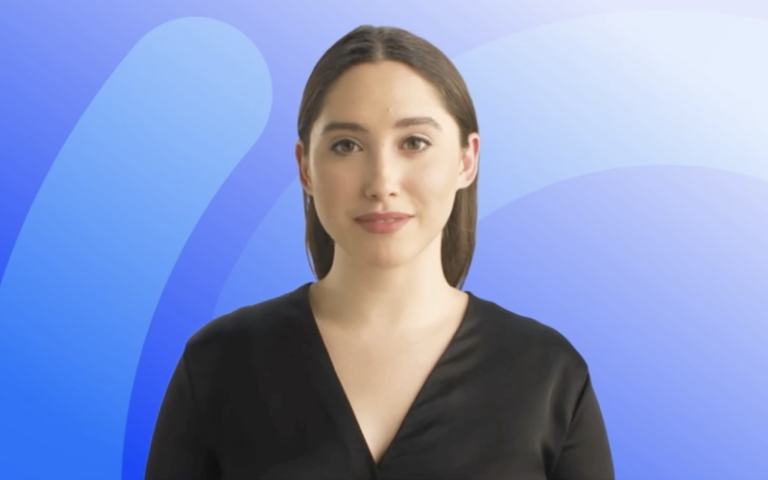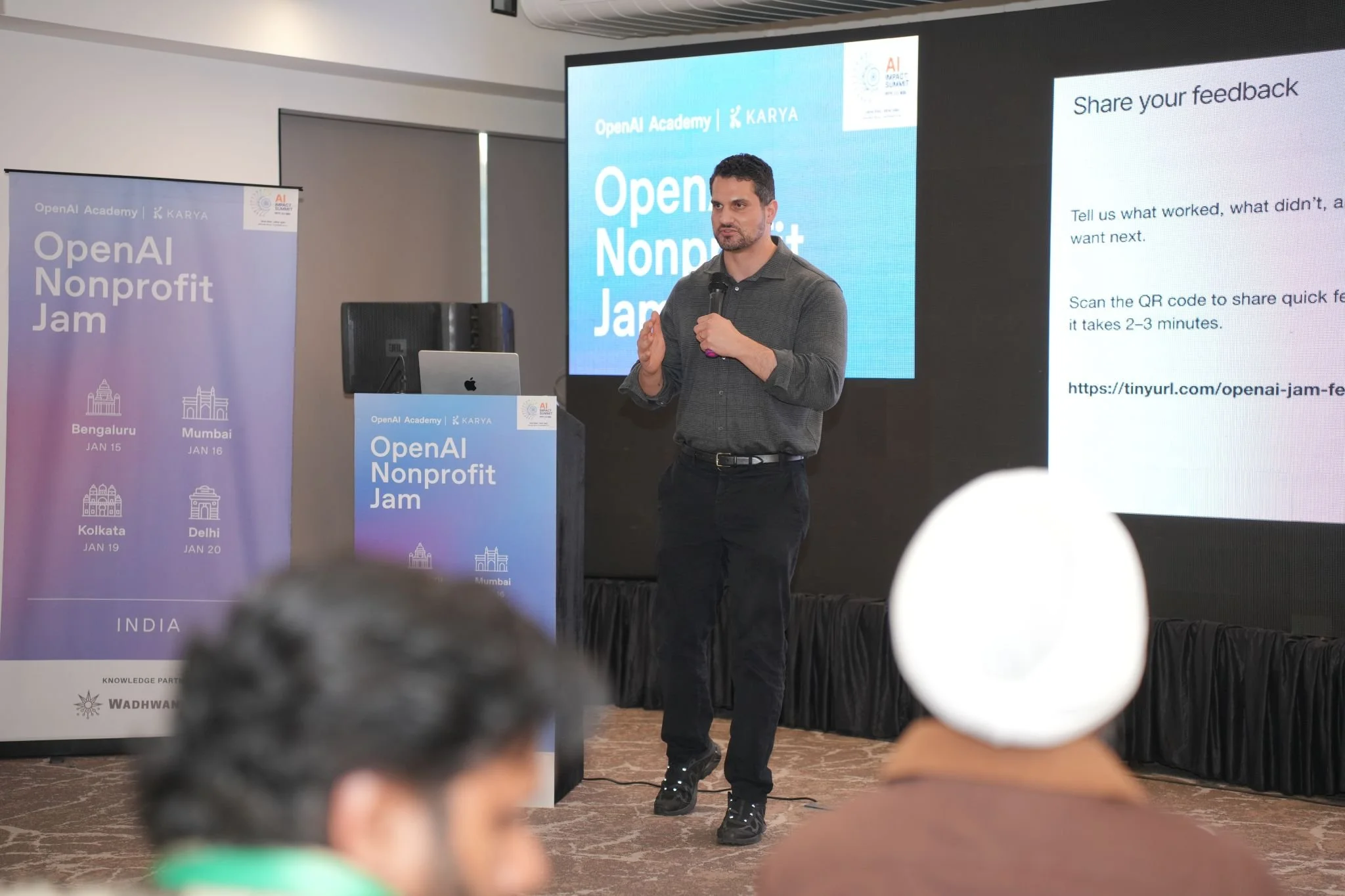England to add AI and mortgages to national curriculum and create digital, machine-readable version
Education Secretary Bridget Philipson has shared plans to update the English national curriculum and create a digital and machine-readable version to better support teachers.
The plans were outlined in the Government’s response to the recommendations of Professor Becky Francis’ Curriculum and Assessment Review.
Under the plans, children in primary schools will be taught skills such as spotting fake news, identifying misinformation, and the critical thinking required to challenge what they see online.
Primary school children in England will also be taught fundamental money skills and citizenship will become compulsory, teaching children about law, democracy and climate change.
GCSE computer science will be replaced with a broader computing GCSE. The Government is also exploring a new qualification in data science and AI for 15-18 year olds.
The proposals will also see around amount of time spent in GCSE exams reduced by around three hours.
“It has been over a decade since the national curriculum was updated, and it’s more crucial than ever that young people are equipped to face the challenges of today, so they can seize the exciting opportunities that life has to offer,” Philipson says.
“The path to our country’s renewal runs through our schools: they must be an epicentre of the strongest possible foundations of knowledge, and the skills to excel in the modern world.”
Oracy framework
The plans also include the introduction of a new primary oracy framework and a combined secondary oracy, reading, and writing framework that will be embedded across the whole curriculum.
Dr Kate Paradine, CEO at education charity Voice 21, welcomed the proposals: “National guidance for primary and secondary teachers will ensure that there are consistent high standards in the teaching of oracy, just as there are for reading and writing.
“The Government needs to act swiftly to implement these recommendations and we look forward to working with the Department for Education to ensure that every child benefits from a high-quality oracy education.
“In a rapidly changing and polarised world, with advancing digitisation and AI, a focus on oracy is essential to ensure that the next generation are equipped to thrive in school, work and life”
Digital skills
Jane Gratton, Deputy Director of Public Policy at the British Chambers of Commerce, adds: “It is essential that every young person finishes their education with the knowledge and skills to move successfully into working life.
“Business will welcome curriculum changes that improve employability - such as team working, oracy, literacy, digital and financial skills. It’s crucial that every student can access an appropriate qualification pathway to help keep them engaged – and in education or work.”
The new curriculum will start being introduced to schools in England in 2028, with the full curriculum published in 2027.
























